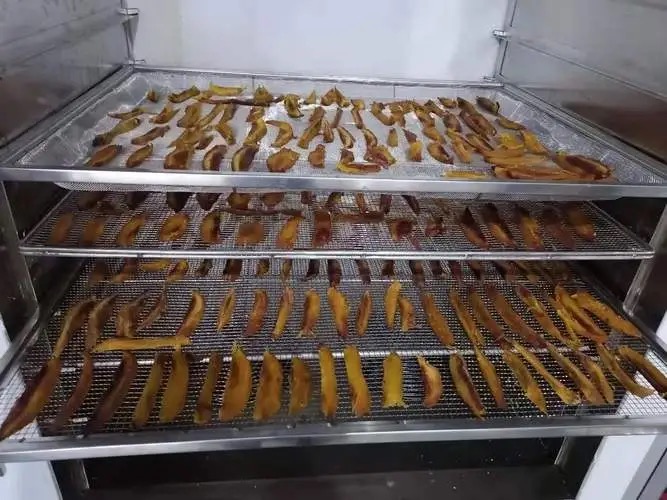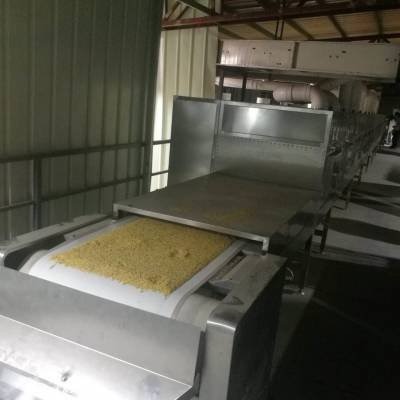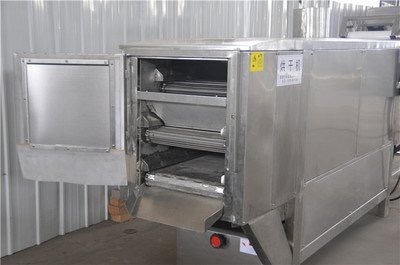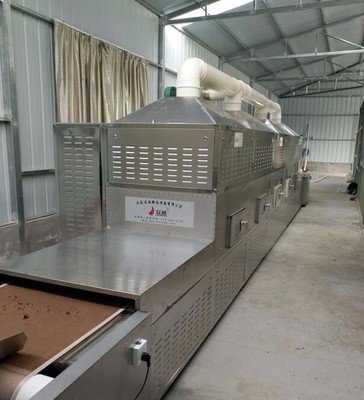
Content Menu
What Are Heat Pump Dryers?
● Introduction
● How Heat Pump Dryers Work
● Advantages of Heat Pump Dryers
● Disadvantages of Heat Pump Dryers
● Maintenance Tips for Heat Pump Dryers
● Cost of Heat Pump Dryers
● Best Heat Pump Dryers on the Market
● Conclusion
● Related Questions
>> 1. What is the difference between a heat pump dryer and a conventional dryer?
>> 2. Are heat pump dryers worth the investment?
>> 3. How long do heat pump dryers typically last?
>> 4. Can I install a heat pump dryer in a small space?
>> 5. What maintenance is required for a heat pump dryer?
Introduction
Heat pump dryers are an innovative solution for drying clothes that have gained popularity due to their energy efficiency and environmental benefits. Unlike traditional dryers that vent hot air outside, heat pump dryers recycle the air within the machine, making them a more sustainable choice for households. This article will explore the workings of heat pump dryers, their advantages and disadvantages, and provide insights into their maintenance and cost-effectiveness.

How Heat Pump Dryers Work
Heat pump dryers operate using a closed-loop system that involves several key components: the evaporator, compressor, condenser, and expansion valve.
1. Evaporator: The process begins when the dryer draws in air from the surrounding environment. This air passes over the evaporator coils, where it absorbs moisture from the wet clothes. The evaporator cools the air, causing the moisture to condense into water, which is collected in a reservoir or drained away.
2. Compressor: The now-dry air is then compressed, which raises its temperature. This hot air is essential for the drying process.
3. Condenser: The hot air is directed to the condenser, where it is circulated back into the drum to dry the clothes. The heat from the air helps evaporate any remaining moisture in the fabric.
4. Expansion Valve: After passing through the condenser, the air cools down and is sent back to the evaporator to repeat the cycle.
This efficient recycling of air means that heat pump dryers use significantly less energy than traditional vented dryers, making them an eco-friendly option.
Advantages of Heat Pump Dryers
1. Energy Efficiency: Heat pump dryers consume about 50% less energy compared to conventional dryers. This is particularly beneficial for households with high laundry needs.
2. Gentle on Fabrics: The lower drying temperatures used in heat pump dryers are gentler on clothes, reducing wear and tear and extending the lifespan of garments.
3. No Venting Required: Since heat pump dryers do not expel hot air outside, they can be installed in various locations within the home, including small spaces or apartments.
4. Eco-Friendly: By using less energy, heat pump dryers contribute to lower carbon emissions, making them a more sustainable choice for environmentally conscious consumers.
5. Moisture Control: These dryers help manage humidity levels in the home, preventing excess moisture that can lead to mold and mildew.
Disadvantages of Heat Pump Dryers
1. Higher Initial Cost: The upfront cost of heat pump dryers is generally higher than that of traditional dryers. However, the energy savings can offset this cost over time.
2. Longer Drying Times: While they are energy-efficient, heat pump dryers typically have longer drying cycles compared to conventional dryers. This may be a consideration for those who need quick drying solutions.
3. Maintenance Needs: Regular maintenance is required to keep the dryer functioning efficiently, including cleaning the filters and ensuring proper drainage.

Maintenance Tips for Heat Pump Dryers
To ensure optimal performance and longevity of your heat pump dryer, consider the following maintenance tips:
1. Clean the Lint Filter: After every use, clean the lint filter to prevent blockages and maintain airflow.
2. Check the Condenser: Regularly inspect and clean the condenser coils to ensure efficient heat exchange.
3. Drainage System: If your dryer has a drainage system, ensure it is clear and functioning properly to avoid water buildup.
4. Professional Servicing: Schedule professional servicing annually to check for any potential issues and keep the dryer in top condition.
Cost of Heat Pump Dryers
The cost of heat pump dryers can vary significantly based on brand, features, and capacity. On average, consumers can expect to pay between $1,200 and $1,600 for a quality heat pump dryer. While this is a higher initial investment compared to traditional dryers, the long-term savings on energy bills can make it a worthwhile purchase.
Best Heat Pump Dryers on the Market
When considering a heat pump dryer, it's essential to look for models that offer energy efficiency, capacity, and features that suit your needs. Some of the top-rated models include:
1. LG Heat Pump Dryer: Known for its advanced technology and energy-saving features.
2. Bosch Heat Pump Dryer: Offers compact designs ideal for small spaces.
3. Miele Heat Pump Dryer: Renowned for its durability and high performance.
Conclusion
Heat pump dryers represent a significant advancement in laundry technology, offering energy efficiency, gentle fabric care, and flexibility in installation. While they may come with a higher price tag, the long-term savings and environmental benefits make them an attractive option for many households. As consumers become more aware of their energy consumption and its impact on the environment, heat pump dryers are likely to become an increasingly popular choice.

Related Questions
1. What is the difference between a heat pump dryer and a conventional dryer?
Heat pump dryers recycle air and use lower temperatures, making them more energy-efficient compared to conventional dryers that vent hot air outside.
2. Are heat pump dryers worth the investment?
Yes, while they have a higher upfront cost, their energy savings and gentle drying capabilities can make them a cost-effective choice in the long run.
3. How long do heat pump dryers typically last?
With proper maintenance, heat pump dryers can last between 10 to 15 years.
4. Can I install a heat pump dryer in a small space?
Yes, heat pump dryers do not require external venting, allowing for flexible installation in small areas.
5. What maintenance is required for a heat pump dryer?
Regularly clean the lint filter, check the condenser, and ensure the drainage system is functioning properly.












